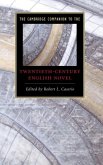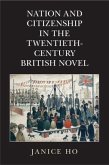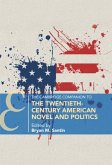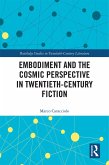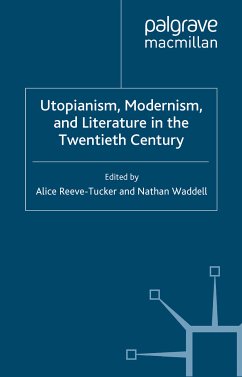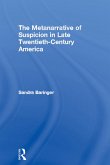Early twentieth-century Indian novels often depict the harsh material conditions of life under British colonial rule. Even so, these 'realist' novels are profoundly imaginative. In this study, Ulka Anjaria challenges the distinction between early twentieth-century social realism and modern-day magical realism, arguing that realism in the colony functioned as a mode of experimentation and aesthetic innovation - not merely as mimesis of the 'real world'. By examining novels from the 1930s across several Indian languages, Anjaria reveals how Indian authors used realist techniques to imagine alternate worlds, to invent new subjectivities and relationships with the Indian nation and to question some of the most entrenched values of modernity. Addressing issues of colonialism, Indian nationalism, the rise of Gandhi, religion and politics, and the role of literature in society, Anjaria's careful analysis will complement graduate study and research in English literature, South Asian studies and postcolonial studies.
Dieser Download kann aus rechtlichen Gründen nur mit Rechnungsadresse in A, B, BG, CY, CZ, D, DK, EW, E, FIN, F, GR, HR, H, IRL, I, LT, L, LR, M, NL, PL, P, R, S, SLO, SK ausgeliefert werden.



